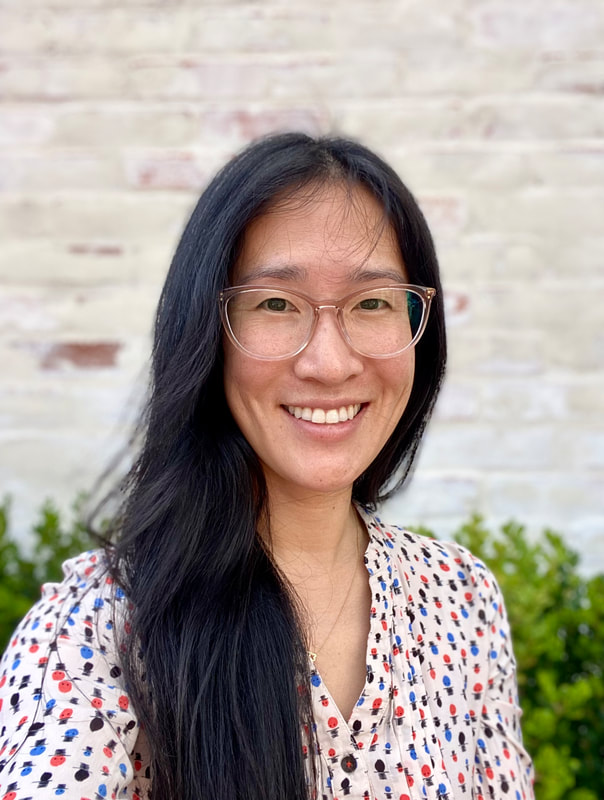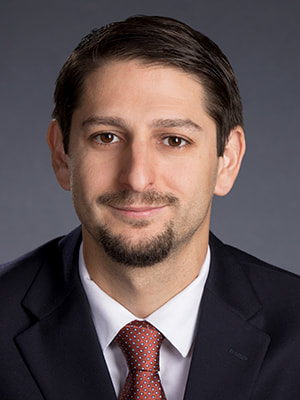
Dr. Karis Clarke is an Associate Professor and Department Chair of Educational Leadership at Clark Atlanta University who works with leaders in the Educational Leadership Department to prepare them to work in diverse schools locally, nationally, and internationally. Karis is a passionate educator cultivating the growth and development of educators. For 10+ years Karis has driven the development of teacher education with oversight of training programs instructional strategies, curriculum planning, and accreditation.
Publication: Clarke, K. L. (Ed.). (2022). Self-Care and Stress Management for Academic Well-Being. IGI Global.
Summary: Self-care is a topic that is often challenging in education. Educators are required to learn to teach, advise, and cope with organizational change as well as encourage their students to take responsibility for their actions, say no, identify burnout, establish a network of family and friends, schedule breaks, do things they enjoy, and take care of themselves physically. However, teachers often do not follow these guidelines themselves. It is important that teachers allow themselves the time and space to do the same things that they insist their students do. Moreover, it is important that administrators recognize and support these efforts as well. Self-Care and Stress Management for Academic Well-Being discusses why self-care for educators is needed in order for them to sustain the growth of the students at their institutions. It explores the ways in which educators devote themselves to helping students develop their creativity and their academic voices but do not always give themselves the same permission. Covering a range of topics such as physical care, stress, and self-advocacy, this reference work is ideal for researchers, academicians, practitioners, scholars, administrators, instructors, and students.
Publication: Clarke, K. L. (Ed.). (2022). Self-Care and Stress Management for Academic Well-Being. IGI Global.
Summary: Self-care is a topic that is often challenging in education. Educators are required to learn to teach, advise, and cope with organizational change as well as encourage their students to take responsibility for their actions, say no, identify burnout, establish a network of family and friends, schedule breaks, do things they enjoy, and take care of themselves physically. However, teachers often do not follow these guidelines themselves. It is important that teachers allow themselves the time and space to do the same things that they insist their students do. Moreover, it is important that administrators recognize and support these efforts as well. Self-Care and Stress Management for Academic Well-Being discusses why self-care for educators is needed in order for them to sustain the growth of the students at their institutions. It explores the ways in which educators devote themselves to helping students develop their creativity and their academic voices but do not always give themselves the same permission. Covering a range of topics such as physical care, stress, and self-advocacy, this reference work is ideal for researchers, academicians, practitioners, scholars, administrators, instructors, and students.
Eleanor Su-Keene is faculty in the Department of Teaching, Learning, and Culture at Texas A&M University. Her research interests include social justice practices, occupational health, and wellbeing of school leaders. David DeMatthews is an associate professor of Educational Leadership and Policy at the University of Texas at Austin. His research examines social justice leadership, principal burnout, and turnover and retention with a focus on urban and rural schools serving low-income students of color.
Publication: Su-Keene, E. & DeMatthews, D. (2022) “Savoring” the Joy: Reducing Principal Burnout and Improving Well-Being through Positive Psychology Interventions, The Clearing House: A Journal of Educational Strategies, Issues and Ideas, 95:5, 210- 219.
Summary: Researchers found that principals were more stressed, burned out, and depressed than your average American worker post-pandemic (Steiner et al., 2022). Widely recognized strategies that support mental health—consistent exercise; healthy, consistent meals; and quality sleep—can be challenging for principals to maintain given their high workloads, long hours, and often inconsistent schedules. In our article, we propose interventions from the field of positive psychology (PPIs) that have been empirically tested and shown to reduce burnout and depressive symptoms and improve wellbeing. We offer these strategies to principals because they are self-administered, relatively quick, and can be easily integrated into a routine. We also provide recommendations for integrating PPIs at the district level. While we recognize that stress and burnout are symptoms of larger systemic issues, we believe it is critical to help principals find joy and sustain themselves in their careers while simultaneously pushing for systems to change.
Follow them on Twitter: @ESuKeene and @DrDeMatt
Publication: Su-Keene, E. & DeMatthews, D. (2022) “Savoring” the Joy: Reducing Principal Burnout and Improving Well-Being through Positive Psychology Interventions, The Clearing House: A Journal of Educational Strategies, Issues and Ideas, 95:5, 210- 219.
Summary: Researchers found that principals were more stressed, burned out, and depressed than your average American worker post-pandemic (Steiner et al., 2022). Widely recognized strategies that support mental health—consistent exercise; healthy, consistent meals; and quality sleep—can be challenging for principals to maintain given their high workloads, long hours, and often inconsistent schedules. In our article, we propose interventions from the field of positive psychology (PPIs) that have been empirically tested and shown to reduce burnout and depressive symptoms and improve wellbeing. We offer these strategies to principals because they are self-administered, relatively quick, and can be easily integrated into a routine. We also provide recommendations for integrating PPIs at the district level. While we recognize that stress and burnout are symptoms of larger systemic issues, we believe it is critical to help principals find joy and sustain themselves in their careers while simultaneously pushing for systems to change.
Follow them on Twitter: @ESuKeene and @DrDeMatt

